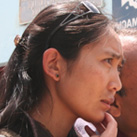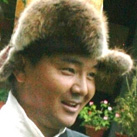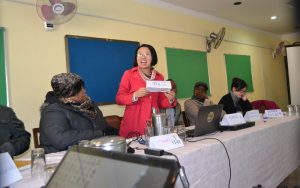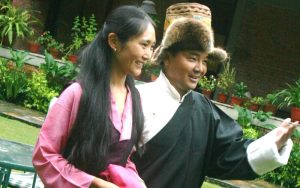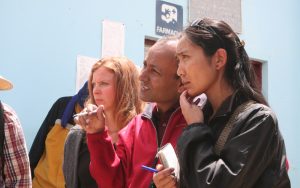
Sustainable Futures for Communities and Ecosystems
Future Generations China is a not-for-profit organization aimed at advancing community-based conservation and sustainable development. Envisioned is a world where humans and nature co-exist with one another in harmony and with balance between development and protection.
Future Generations China focuses on fragile ecosystems that are of great ecological significance with poor living conditions in four provinces in China.
Founded in 2007, Future Generationa China activities include:
- Nature Conservation
- Women's Empowerment
- Community Development
- Ecotourism Training
- Eco-Industry
- Livelihood Development
- Environment Education
- Water Supply, Hygiene & Sanitation
- Park Co-Management with Communities














